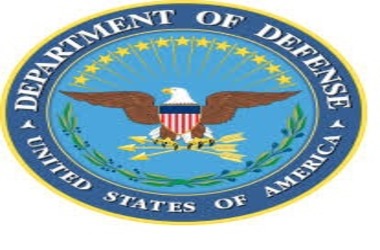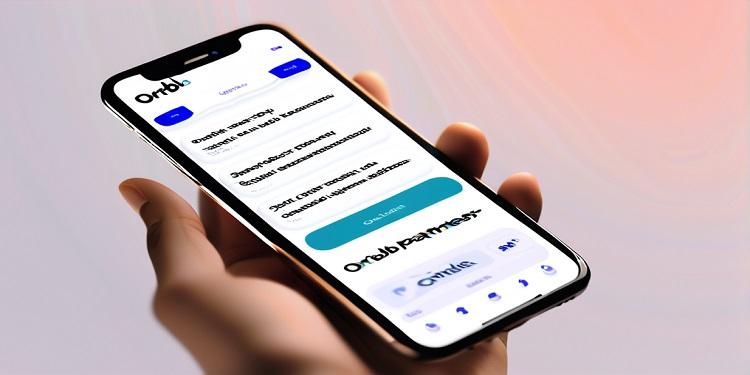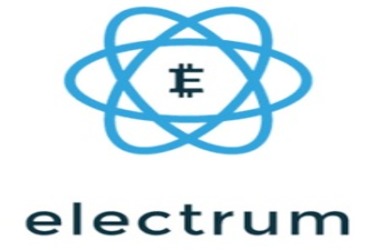 Blockchain technology has an increasing number of use cases, and many governments see its value in one measure or another. In a recent change in the US administration, it seems that the Defense Department sees the fintech in a way that has “enormous” potential to remedy disaster relief efforts.
Blockchain technology has an increasing number of use cases, and many governments see its value in one measure or another. In a recent change in the US administration, it seems that the Defense Department sees the fintech in a way that has “enormous” potential to remedy disaster relief efforts.
Earlier this month, Troop Support, a division of the Defense Logistics Agency, held a meeting in Philadelphia. The purpose of the meeting was to discuss how blockchain technology could have improved efforts after Hurricane Maria broke down Puerto Rico’s homes and landscape last year. The meeting was hosted by the Continuous Process Improvement (CPI), a sector of troop support.
Elijah Londo, a CPI management analyst, said,
“The potential is absolutely enormous. Talk about blockchain, and you’ll hear experts comparing it to transforming trust or transactions in the same way the internet changed communication.”
A centrally managed system is currently the method used to track logistics with the DLA, making synchronization a difficult task between the parties involved. The maintenance of updated information depends entirely on coordination, but blockchain technology would maintain a mutual database that can be viewed in real time by all parties.
Transactions in the supply chain and in transit transactions are much easier to see. Marko Graham, the deputy director for the Construction and Equipment unit of the DLA, commented,
“This is where I can see where blockchain would have been a big help [in the relief efforts]. Flowing material specifications and tracking data from the manufacturer buying raw materials to… getting the transportation and getting it on the barges.”
The CPI is constantly seeking the best ways to improve its performance in serving the government sectors it already serves and has formed a partnership with IBM. This partnership, like its potential efforts with blockchain, is intended to help with its supply chain platform.
Adding to the statement, Londo said,
“We’re researching the technology. We’re getting as smart as we can about what it is, what industry is saying about it, what the future might look like, how it applies to supply chains, and how other industries are using it. We’re doing our due diligence.”
In addition to the efforts of the Department of Defense, the Department of Homeland Security also noted its search to see whether blockchain technology can help with fake documentation. They have made an offer of up to $ 800,000 for start – ups to help with their efforts. Last year, the US Navy noted that it intended to improve its safety in manufacturing systems by researching blockchain technology.








